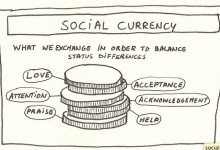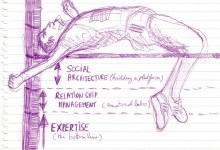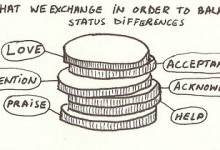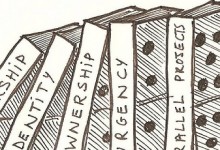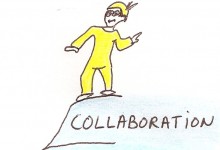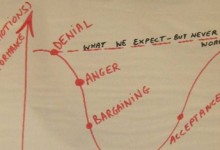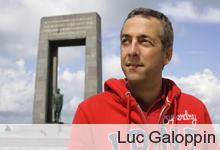Stephen R. Covey (born October 24, 1932 in Salt Lake City, Utah) is the author of the best-selling book, The Seven Habits of Highly Effective People. Other books he has written include First Things First, Principle-Centered Leadership, and The Seven Habits of Highly Effective Families. In 2004, Covey released The 8th Habit. In 2008, Covey released The Leader In Me—How Schools and Parents Around the World Are Inspiring Greatness, One Child at a Time. He is currently a professor at the Jon M. Huntsman School of Business at Utah State University.
Stephen Covey

Getting Serious about Community Development (Part 19)
In this article we take a closer look at the personal investment loop that strengthens the feeling of membership.
Getting Serious about Community Development (Part 4)
The good old art of managing the emotional bank account of trust.
Quote
It’s not who you are that holds you back, it’s who you think you are not.
Quote
The main thing is to keep the main thing the main thing.
Unraveling Social Interaction (Part 2)
What exactly is being exchanged in order to maintain or regain the balance in a relationship? And what is it exactly that needs to be balanced?
Domino Before You Bingo
There are five domino blocks that need to fall over before you can kick-off a large-scale organizational change program. What’s more: there is a specific order and distance that works best.
Oh, The Places You’ll Go!
“If things start happening, don’t worry, don’t stew, just go right along and you’ll start happening too.”
— Dr. Seuss
What on Earth are we Communicating for?
What should be the result of successful communication? In this article I am building further on earlier insights about the format and the quantity of communication. Now it is time to dive into the qualitative aspect.
Trust is the Currency of Change
In any organizational change project you will be taking people through some difficult phases and you will have to heavily rely on people to make a shift from the current reality to a future state. In such a situation, mutual trust and good relationships are sometimes the only things to hold on to. But how […]


